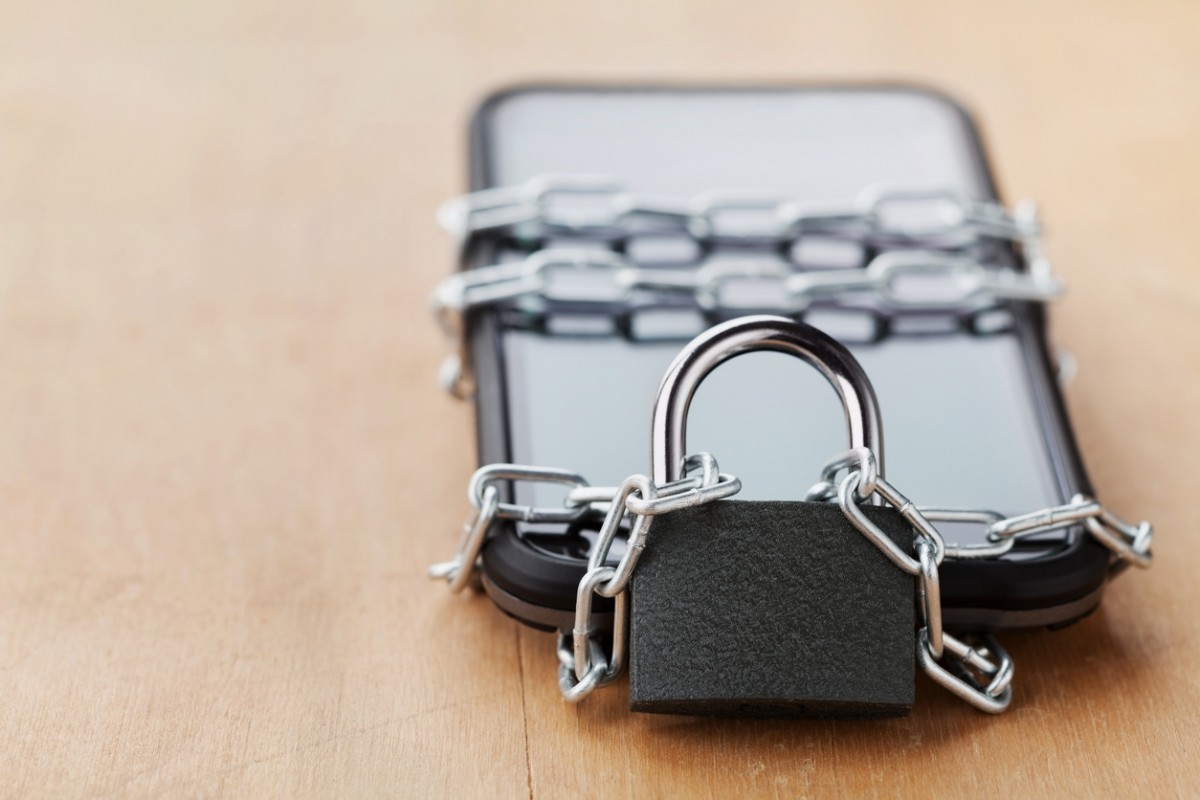Ofcom to ban sale of locked mobile phones

The frustration of trying to unlock a mobile phone could soon be a thing of the past after Britain’s telecoms regulator called for an end to the sale of devices tied to a specific UK operator.
Ofcom believes the ban on the sale of locked phones will make it easier for customers to switch networks as the process currently requires a £10-£20 charge.
Research shows more than a third of people opt against a move to a new mobile service due to the time, resources and hassle involved with unlocking phones.
The process is rarely straightforward with many enduring long delays due to codes wrongly being given out or not working.
The problems may also be forcing people in the UK to keep their smartphones for longer than anticipated.
Data from media company Kantar shows users are now making calls, texts and browsing the web on mobile devices for more than two years on average (27 months) before purchasing a new smartphone.
“Switching mobile provider can be really frustrating, Ofcom consumer division director, Lindsey Fussell said.
“By freeing mobile users from locked handsets, our plans would save people time, effort and money – and help them unlock a better deal.”
Three is one of just four networks that currently provide unlocked phones.
The operator is happy for new regulations to stamp out locked phone sales as it believes there should not be “any barriers” preventing customers from moving to a new network.
Virgin, O2 and Sky also provide unlocked phones but EE, the UK’s biggest provider, BT, Vodafone and Tesco Mobile still sell locked handsets.
A 12-month implementation period is now planned, though the regulation could be fast-tracked in 2020.
